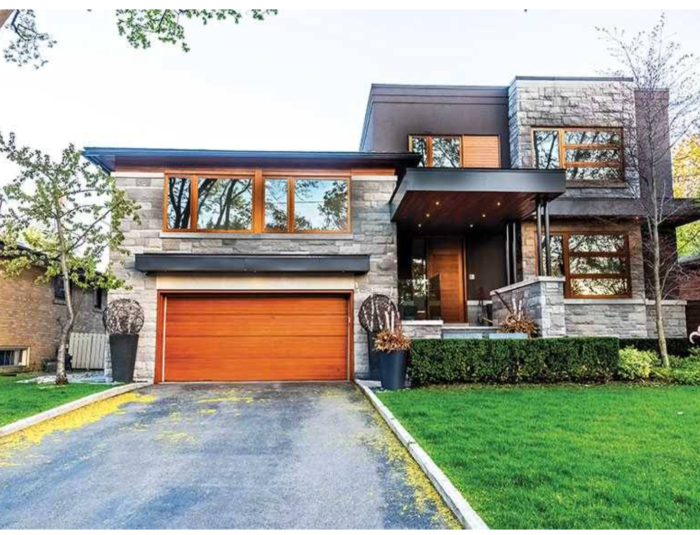Pre-qualified and pre-approved: Know the difference before you begin shopping for a new home
December 1st, 2022

Pre-qualification is a relatively simple process whereby a mortgage expert, the bank, or even an online mortgage calculator estimates your borrowing power and the maximum amount of mortgage you can carry. This is done by providing information about your financial situation, such as your income, assets and debts. It is an easy and quick step. The pre-qualification process doesn’t consider your creditworthiness or conduct a thorough analysis of your financial situation. It’s simply a place to start estimating the price range of homes you could qualify for.
Pre-approval is a more in-depth analysis of your financial situation, and you will have to complete an application and consent to access your credit report. At this point, the lender will have more detailed information on your income, assets and liabilities, since your information is being checked and verified. Your credit report has been pulled to learn about your credit score, history and creditworthiness. Based on this information, the lender will issue a pre-approval letter letting you know whether you are likely to be approved for a mortgage and the amount you may be approved for. The pre-approvals can also guarantee current mortgage rates for up to 120 days.
It is important to acknowledge that you are not guaranteed to get a mortgage if you are pre-qualified or pre-approved. Many things can happen during the process, and some lenders may give a pre-approval letter without actually verifying your information, or as the borrower, you may not give completely accurate information about your situation.
How much can you afford to pay?
Now that you know the difference between getting pre-qualified and pre-approved, it’s important to figure out how much you can afford to pay BEFORE you start looking for a home. Most homebuyers have a rough idea of how much they would feel comfortable paying every month on their mortgage. However, there is no quick and dirty way to translate that monthly payment into a specific maximum mortgage amount because other factors must be taken into consideration, such as the amount of the down payment, the cost of mortgage default insurance, property taxes, strata fees, (if applicable) and heating costs. You might also be qualified to borrow more or less than you think, depending on your income, debts, and credit history.

Shop around
Most people think “bank” when they think mortgage, but you can shop around since there are many other options available if you work with a mortgage expert. These professionals work with banks, credit unions, and mono-lenders, and the only way you have access to these options is through a mortgage expert. The lenders only focus on mortgages, so you’ll keep your day-to-day banking with your current financial institution. With one application and one credit report, a mortgage expert has access to many lenders that offer the best mortgage with the most favourable rates and terms. Another advantage is a mortgage expert will work with your schedule and is open to meeting with you in person if it is more convenient for you.
The pre-approval process
Getting pre-approved might take a bit of work, but it’s relatively easy. You just have to call a mortgage expert, and they will sit down with you to explain the entire process and get some information and documentation in order to provide you with a clear picture of what numbers you have to work with. They can let you know what you can qualify for based on your application, credit report, and supporting documentation.
Also, you have to determine what you can realistically afford to pay for a home, remembering that there are a myriad of costs to consider, including the closing costs. The lender requires you to have 1.5 per cent of the purchase price for closing costs. You don’t need to spend it, but you do need to have the funds available at completion time. Other costs include legal costs, the property transfer tax (PTT), property tax adjustments, interest adjustment, title insurance, the appraisal, and an inspection.
Knowing if you qualify is critical
When purchasing your primary residence, it can be an emotional and time-consuming process, since you want to make sure you find the right home to suit your needs. Knowing what you qualify for is critical when you start working with a real estate agent, as it signals to the agent that you are a well-qualified buyer who is serious about purchasing a home. In fact, some agents won’t even show properties to buyers who haven’t talked to a mortgage expert or bank.
It is important to remember that getting pre-approved doesn’t mean that your mortgage has been approved. The final approval is given once you have an accepted offer, your application has been submitted to the lender, and the lender has received and approved all the outstanding financing conditions outlined in a commitment letter.
Talk to a mortgage expert to find out how much you qualify for so they can get you started on the road to homeownership!
Original source: NextHome
Read original article here.
Original article: The Province
Read original aricle here.
